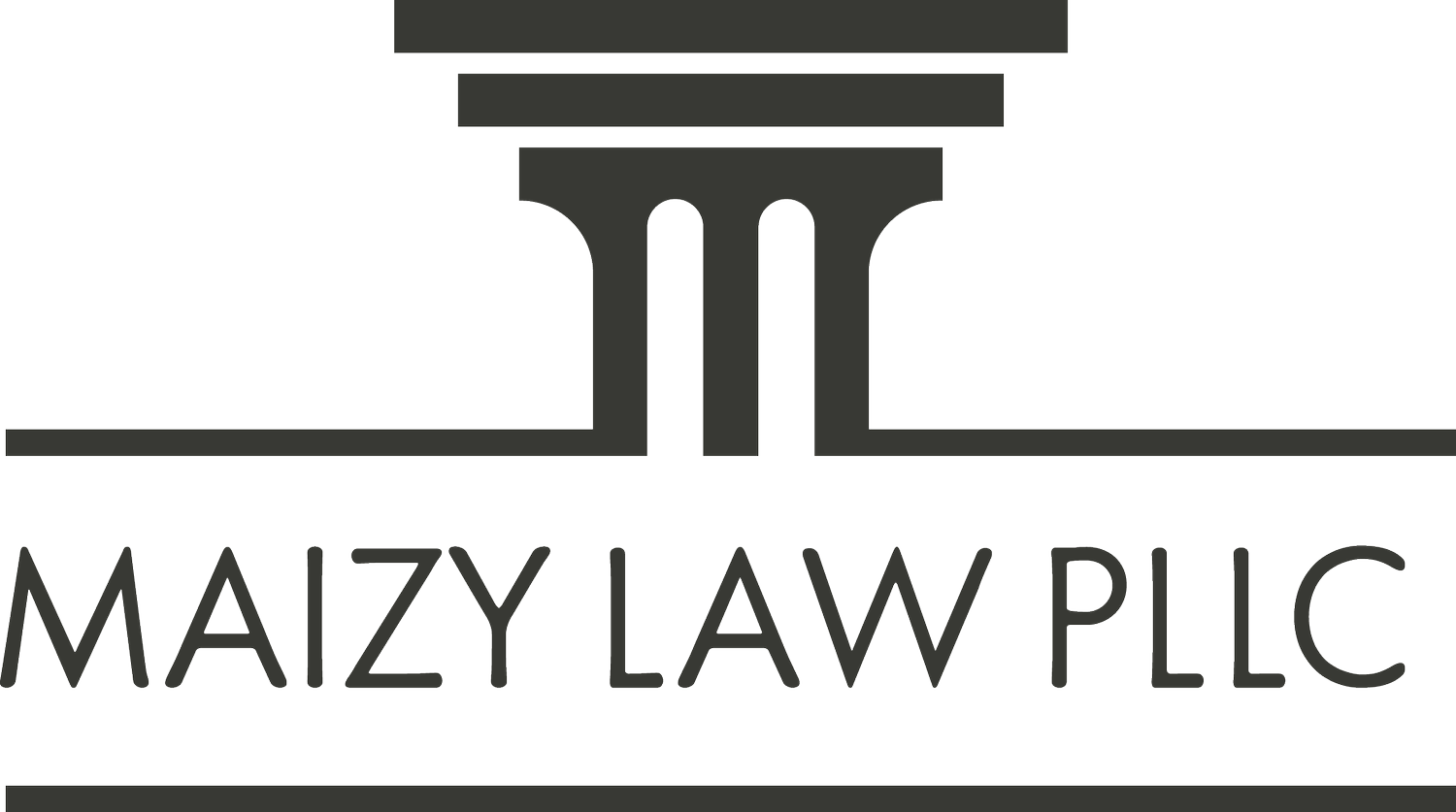NOTICE OF HEARING
Please take notice that the hearing of Defendant’s Motion for Leave Pursuant to MCR 2.118(A)(2) to Amend first set of Affirmative Defenses will take place on Wednesday, December 16, 2020 at 8:30 am via ZOOM.
LAW OFFICE OF PATRICK A. MAIZY
Patrick A. Maizy (P79503)
Attorney for Defendant
ph.: (248) 388-8363
fax: (248) 928-2271
email: patrick@maizylaw.com
Dated: July 27, 2023
Certificate of Service
The undersigned certifies that Defendant’s NOTICE OF HEARING was e-filed on July 27, 2023.
Patrick Maizy (P79503)
DEFENDANT’S MOTION FOR LEAVE PURSUANT TO MCR 2.118(A)(2) TO AMEND FIRST SET OF AFFIRMATIVE DEFENSES
NOW COMES Defendant, by and through its attorney, Patrick A. Maizy, pursuant to MCR 2.118(A)(2), in request of leave to amend Defendant’s first set of Affirmative Defenses, and states as follows:
On February 28, 2020, Plaintiff filed a complaint that is the basis of the present-matter.
On March 26, 2020, in response to Plaintiff’s complaint, Defendant filed an answer and simultaneously filed its first set of Affirmative Defenses.
Defendant has since produced an initial invoice and payment history that span from March 2015 to March 2016 (submitted on November 2, 2020, see Defendant’s Response to Plaintiff’s First Set of Interrogatories and Request for Production of Documents - Response to Document Requests #3 & #4).
In Tillman v. Great Lakes Truck Center, Inc., 277 Mich. App. 47, 49 (2007), the Michigan Court of Appeals concluded that:
“Brennan [v. Edward D. Jones & Co., 245 Mich. App. 156 (2001)] and Continental [Cas. Co. v. Huron Valley Nat’l Bank, 85 Mich.App. 319 (1978)] correctly determined the three-year period to be applicable, because only those two cases are consistent with our Supreme Court's binding precedent. The trial court correctly relied on Janiszewski v. Behrmann, 345 Mich. 8, 32, 75 N.W.2d 77 (1956), in which the Court stated that the action for conversion of personal property (farm equipment) was barred by the statute of limitations for injury to person or property:[…].” [complete citations added].
Defendant now seeks leave of the court based on that set forth in the attached brief to amend said affirmative defenses to include the defense that Plaintiff’s claim(s) is (are) barred by the Statute of Limitations (see Exhibit 1 – Defendant’s Proposed Amended Affirmative Defenses).
WHEREFORE, Defendant respectfully requests this Honorable Court grant its request for leave to amend its first set of Affirmative Defenses.
LAW OFFICE OF PATRICK A. MAIZY
Patrick A. Maizy (P79503)
Attorney for Defendant
ph.: (248) 388-8363
fax: (248) 928-2271
email: patrick@maizylaw.com
Dated: July 27, 2023
Certificate of Service
The undersigned certifies that Defendant’s MOTION FOR LEAVE TO AMEND FIRST SET OF AFFIRMATIVE DEFENSES AND BRIEF IN SUPPORT was e-filed on July 27, 2023.
Patrick Maizy (P79503)
DEFENDANT’S BRIEF IN SUPPORT OF MOTION FOR LEAVE PURSUANT TO MCR 2.118(A)(2) TO AMEND FIRST SET OF AFFIRMATIVE DEFENSES
Defendant requests leave of this Honorable Court to amend its first set of Affirmative Defenses. MCR 2.111(F)(3) governs Affirmative Defenses, and states, in relevant part, that “defenses must be stated in a party’s responsive pleading either as originally filed or as amended in accordance with MCR 2.118.” [emphasis added]. MCR 2.118(A)(2) states that “a party may amend a pleading […] by leave of the court,” and goes on to state, “[l]eave shall be freely given where justice so requires.” [emphasis added]. In Ben P. Fyke & Sons v. Gunter Co., the Supreme Court of Michigan held that “amendment is generally a matter of right rather than grace,” and that the rule is, “designed to facilitate the amendment of pleadings except where prejudice to the opposing party would result.” 390 Mich. 649 at 657, 659 (1973), citing United States v. Hougham, 364, U.S. 310 (1960). In Weymers v. Khera, the Michigan Supreme Court, in defining the sort of prejudice that could lead a trial court to deny a motion to amend, held that “‘[p]rejudice’ in this context does not mean that the allowance of the amendment may cause the opposing party to ultimately lose on the merits,” but that, “‘prejudice’ exists if the amendment would prevent the opposing party from receiving a fair trial, if for example, the opposing party would not be able to properly contest the matter raised in the amendment because important witnesses have died or necessary evidence has been destroyed or lost.” 454 Mich. 639 (Mich. 1997), citing Fyke at 663. In Decker v. Rochowiak, the Michigan Court of Appeals held that “trial courts have discretion to grant or deny motions for leave to amend, but leave should ordinarily be denied only for particularized reasons such as undue delay, bad faith or dilatory motive, repeated failures to cure by amendments previously allowed, or futility," and that, “[i]n regard to undue delay, delay alone does not warrant denial of a motion to amend.” 287 Mich. App. at 682 (Mich. App. 2010), citing In re Kostin Estate, 278 Mich.App. at 52 (Mich. Ct. App. 2008); see Lane v. KinderCare Learning Centers, Inc., 231 Mich. App. 689 (Mich. App. 1998) (holding that, “[i]n the absence of bad faith or prejudice to defendant, we do not believe that prejudice to the court caused by plaintiff’s delay in filing a motion to amend was a proper reason for denying plaintiff’s motion.”); see also Fyke at 659 (holding that “[a]bsent bad faith or actual prejudice to the opposing party, delay, alone, does not warrant denial of a motion to amend.”). In the case at bar, Defendant seeks leave to include the affirmative defense that Plaintiff’s claim(s) is (are) barred by the Statute of Limitations. Being that there can be no showing of any particularized reasons to deny leave, such as those set forth in Decker, namely, undue delay, bad faith or dilatory motive, repeated failures to cure by amendments previously allowed, or futility, nor have any key witnesses died or evidence been destroyed as laid out by the Court in Fyke, Defendant respectfully requests this Honorable Court grant Defendant leave to amend its first set of Affirmative Defenses.
